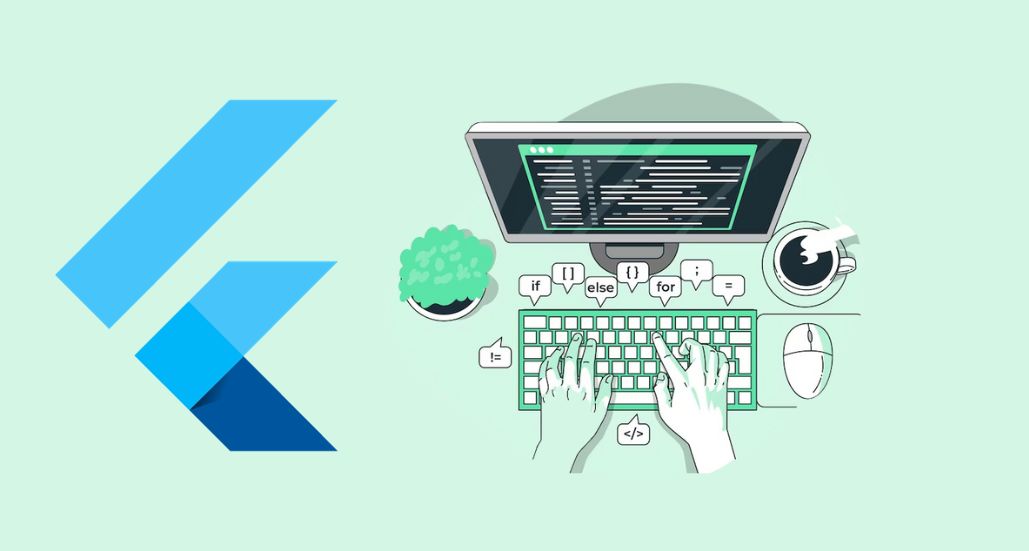Hiring the right Flutter developers is essential for building successful mobile apps. Flutter allows the development of high-performance applications for iOS, Android, and the web, all from a single codebase, making it an ideal choice for modern mobile app development.
Understanding the Flutter Framework
Flutter’s core advantages make it a popular choice for developers worldwide.
Fast Development Cycle: With hot reload, developers can instantly view changes, which speeds up testing and iteration. Click here This allows rapid feature delivery and efficient bug fixing.
Expressive UI Components: Flutter provides a rich set of customizable widgets, allowing developers to create highly interactive and beautiful user interfaces that stay consistent across all platforms.
Cross-Platform Compatibility: Developers can write one codebase that works on both iOS and Android, which cuts down on development time and costs.
Seamless Performance: Flutter’s native compilation directly to ARM code provides smooth performance, with faster animations and quicker rendering than many other frameworks.
Features and Benefits of Flutter
Flutter brings several features that make it a great choice for building mobile apps.
Fast Development Cycle: Hot reload allows developers to instantly see changes made in the code, speeding up the app development process and reducing time-to-market.
Expressive UI Components: With its powerful and flexible widget system, Flutter helps developers build engaging and highly responsive UIs that work seamlessly across multiple platforms.
Cross-Platform Compatibility: One codebase for both iOS and Android simplifies app development and maintenance, saving you time and effort while reducing costs.
Seamless Performance: The framework compiles directly to native ARM code, ensuring superior performance with quick load times, smooth scrolling, and fast rendering of complex visuals.
Use Cases for Cross-Platform Development
Flutter’s flexibility makes it suitable for a wide variety of industries and applications.
E-commerce: Flutter can integrate with secure payment gateways, enable product displays, and facilitate real-time inventory updates, offering users a consistent shopping experience across platforms.
Social Media: For social media apps, Flutter allows the development of real-time messaging systems, media sharing, and interactive feeds that work smoothly across devices.
Healthcare: Flutter supports healthcare apps for managing appointments, patient data, and integration with health monitoring devices, making it ideal for this rapidly growing field.
Entertainment and Gaming: With its support for high-quality graphics and animations, Click here Flutter is an excellent choice for building gaming and multimedia apps that require fluid, interactive visuals.
Defining Your Project Requirements
Having clear and specific requirements is critical before hiring Flutter developers.
User Authentication: Depending on your app, ensure the developer is familiar with secure authentication methods such as email login, social media login, or biometric authentication to protect user data.
Data Storage: Developers should be well-versed in both cloud storage options (e.g., Firebase) and local database solutions (e.g., SQLite), depending on your app’s storage needs.
Third-Party Integrations: If your app requires external integrations like payment gateways, social media APIs, or analytics tools, be sure to hire a developer with experience in these areas.
Evaluating Developer Skills
When evaluating potential Flutter developers, prioritize their technical expertise.
Dart Programming Language: Since Flutter is built on Dart, developers should be highly skilled in writing efficient and optimized code in Dart.
State Management: Effective state management is key in complex apps, so look for developers proficient in popular state management solutions like Provider, Riverpod, or Bloc.
Backend Integration: Developers must be capable of integrating Flutter apps with backend services (e.g., Firebase, RESTful APIs) to manage data, authentication, and real-time interactions.
Assessing Experience and Portfolio
Evaluating the developer’s previous projects is crucial in making an informed decision.
App Functionality: Review whether their apps deliver the required functionality, such as fluid navigation, smooth interactions, and efficient data handling.
Design Quality: Check if their apps feature aesthetically appealing and user-friendly designs that offer a consistent experience across platforms.
User Feedback: Look at user reviews and ratings to gain insight into the developer’s ability to deliver quality apps that meet end-user expectations.
Budgeting and Contracting
Clearly defining financial and legal aspects upfront is essential for a smooth partnership.
Cost Structures: Developers typically charge either hourly rates or project-based fees. Click here Understanding these structures will help you align your budget and set expectations.
Key Contract Terms: Ensure your contract outlines key details such as payment schedules, milestones, and intellectual property ownership to protect both parties and ensure the project stays on track.


